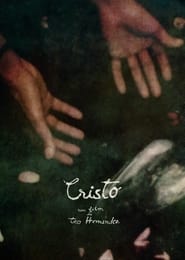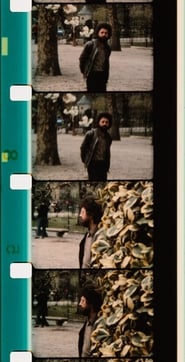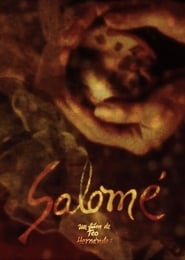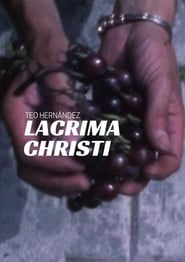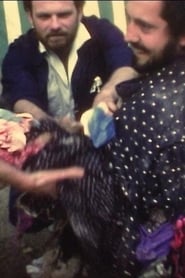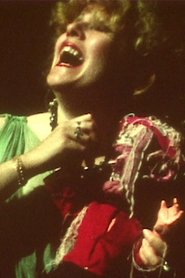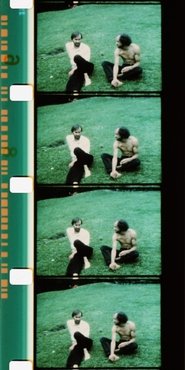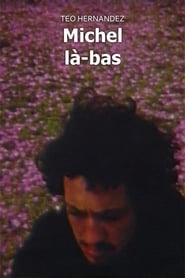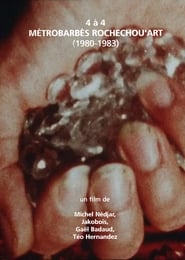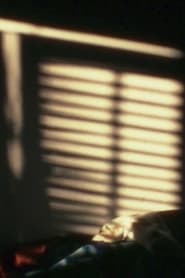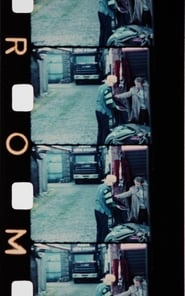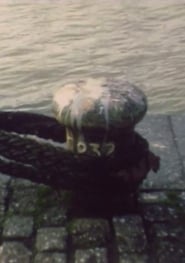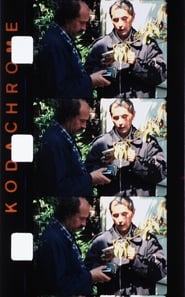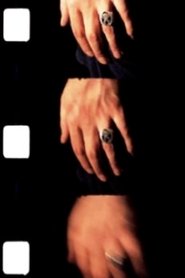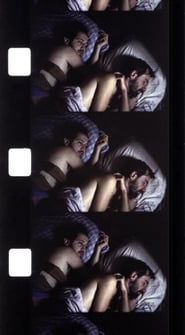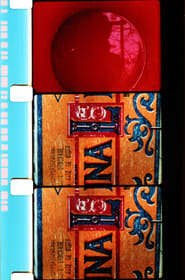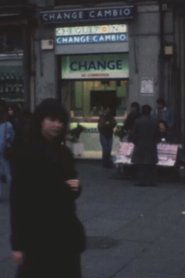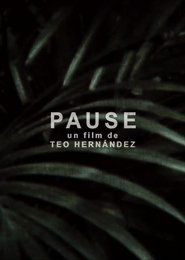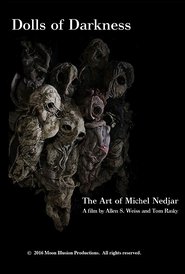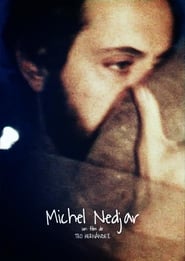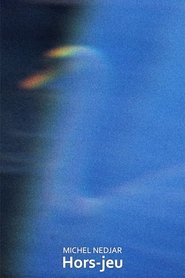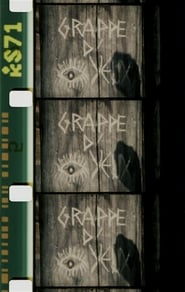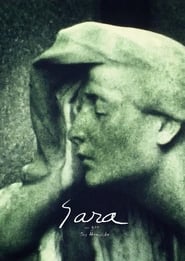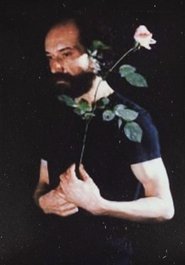Michel Nedjar
Master of Art Brut, Michel Nedjar was born in 1947 in the Val d'Oise to a Jewish family marked by war and the holocaust. His father, born in Algiers, settled in Paris in 1921 as a tailor. At home, he tinkered on a sewing machine doll clothes for his sisters. During the Second World War, a large part of his family fell victim to Nazi oppression. In 1960, he became aware of the magnitude of the Holocaust. At the age of fourteen, he enrolled in a vocational school to become a tailor and sells jeans with his flea grandfather from Saint-Ouen and accompanies his grandmother to the scrap fair; she makes him share his love for Shmattès (the worn cloth) that she picks up and stacks. In the spring of 1967, he left for military service. With tuberculosis and declared disabled in 1968, he spent a few months in a school of fashion stylist. He is upset by the vision of 'Night and Fog' by Alain Resnais, echoing his own disappearances in his family. In the years 1970-1975, he left with Teo Hernandez. His travels take him to Morocco, Asia Minor, Europe and Mexico. He discovers cultures rich in symbolic expressions. He begins to take an interest in the funeral art and the dolls whose magic function fascinates him. Returning to Paris in 1976, he began making his first dolls called "Chairdâmes" with rags that he gleaned in the neighborhood of the Goutte d'Or, then made dolls dyed. In 1978, a period of depression transformed his style: his dolls look like gargoyles and terrifying totems, they are sometimes soiled with dirt and even blood. It was in 1980 that he began to draw with grease pencils on recovered flea media. He made his first films in 8 mm from 1964 during his holidays in Greece or the Balearic Islands. Like Lionel Soukaz, he is one of the first French experimental filmmakers to address the theme of homosexuality (Le gant de l'autre, 1977). His practice will evolve towards a more formal exploration of the characteristics of cinema: luminous calligraphies (Gestuel, 1978), grain of the film (Le grain de la peau, 1986); either to direct cinema (Monsieur Loulou, 1980). These research finds their paroxysm in Capitale-paysage (1982-83), mixing snatches of conversations, work of concrete sound and rhythm, and kaleidoscopic effects.
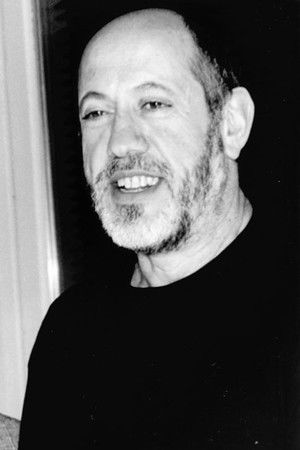
Cinématon
as N°27Cinématon is a 156-hour long experimental film by French director Gérard Courant. It was the...
Movie pageCristo
as uncreditedAll of history, that of Christ or any other, permeates the world, leaves its mark, modifying and...
Movie pageSalomé
as uncreditedA personal interpretation of Oscar Wilde Salome from three basic elements: the light, the color,...
Movie pageLacrima Christi
as uncreditedLacrima Christi is the longest of the over 150 films made by the Mexican filmmaker resident in...
Movie pageEsmeralda
as uncreditedWith Esmeralda, Hernandez shifts to the romantic mythology, but this descriptive aspect is...
Movie pageGraal
as uncreditedThe film Graal goes (as well as all the films which precede it) toward an open and avowed...
Movie pageCristaux
as uncreditedThe tetralogy pieces are dominated by the concept and presence of death, foreclosure, fetal...
Movie pageMichel Over There
as uncreditedThe desert, the sea, someone. I meet Michel Nedjar; together we went to the south of Morocco....
Movie page4 à 4 Métro-Barbès-Rochechou-Art
as uncreditedIn the early '80s, this collective of artists invented a style of cinema made in 4 hands, where...
Movie pageFragments
as uncreditedEyes and ears travel discontinuously through everyday life and the sub-worlds of the city and...
Movie pageSouvenirs/Rouen
as HimselfFugitive images of the northwestern city of France.
Movie pageRobillard André, Nedjar Michel
as uncreditedShort film by Teo Hernández.
Movie pageMesures de miel et de lait sauvage
as uncreditedTeo Hernandez films waste and scrap found on the pavements of the streets of Paris. “Sidewalks...
Movie pageMadrid, Quelques Images
as uncreditedExperimental film by Teo Hernández.
Movie pagePause
as uncreditedAn early Téo Hernandez film exploring the space of a garden.
Movie pageDolls of Darkness: The Art of Michel Nedjar
as SelfDolls of Darkness is a feature length film that explores the mysteries and profundities of...
Movie pageMichel Nedjar
as SelfSplendid portrait of the artist Michel Nedjar making one of his dolls, which allows to fully...
Movie pageHors-jeu
as uncreditedAs this title indicates, the rule of the game is random. The protagonist invites us to play...
Movie pageBouquet of Eyes
as uncreditedThrough the use of portraits, shadow play and reflections, this series of exercises with and...
Movie pageSara
as uncreditedPortrait of the filmmaker's mother during her visit to Paris.
Movie pagePortraits / Mirrors
as uncreditedA single-screen version of the Portraits / Mirrors multi-projection. Featuring portraits of:...
Movie page
